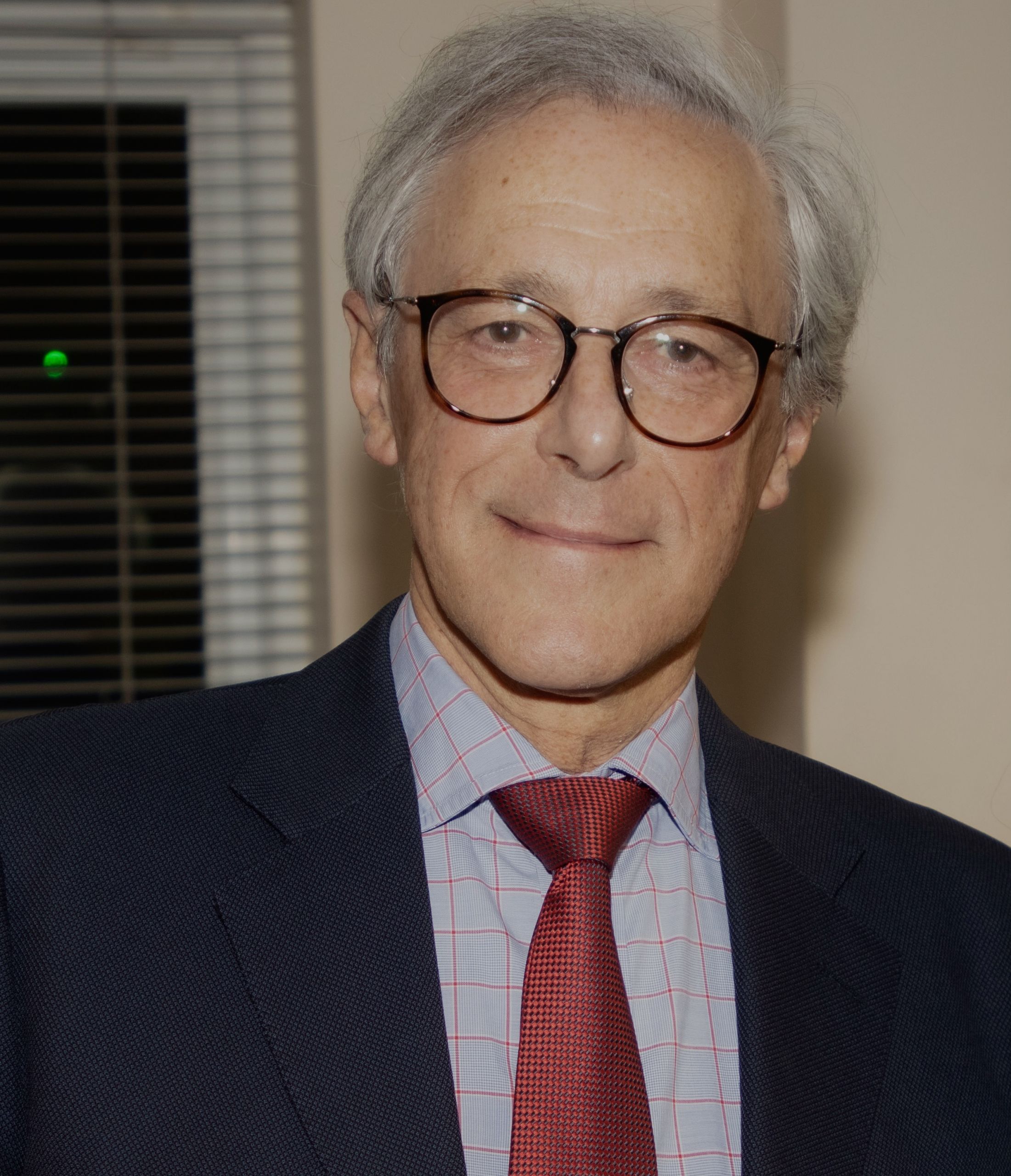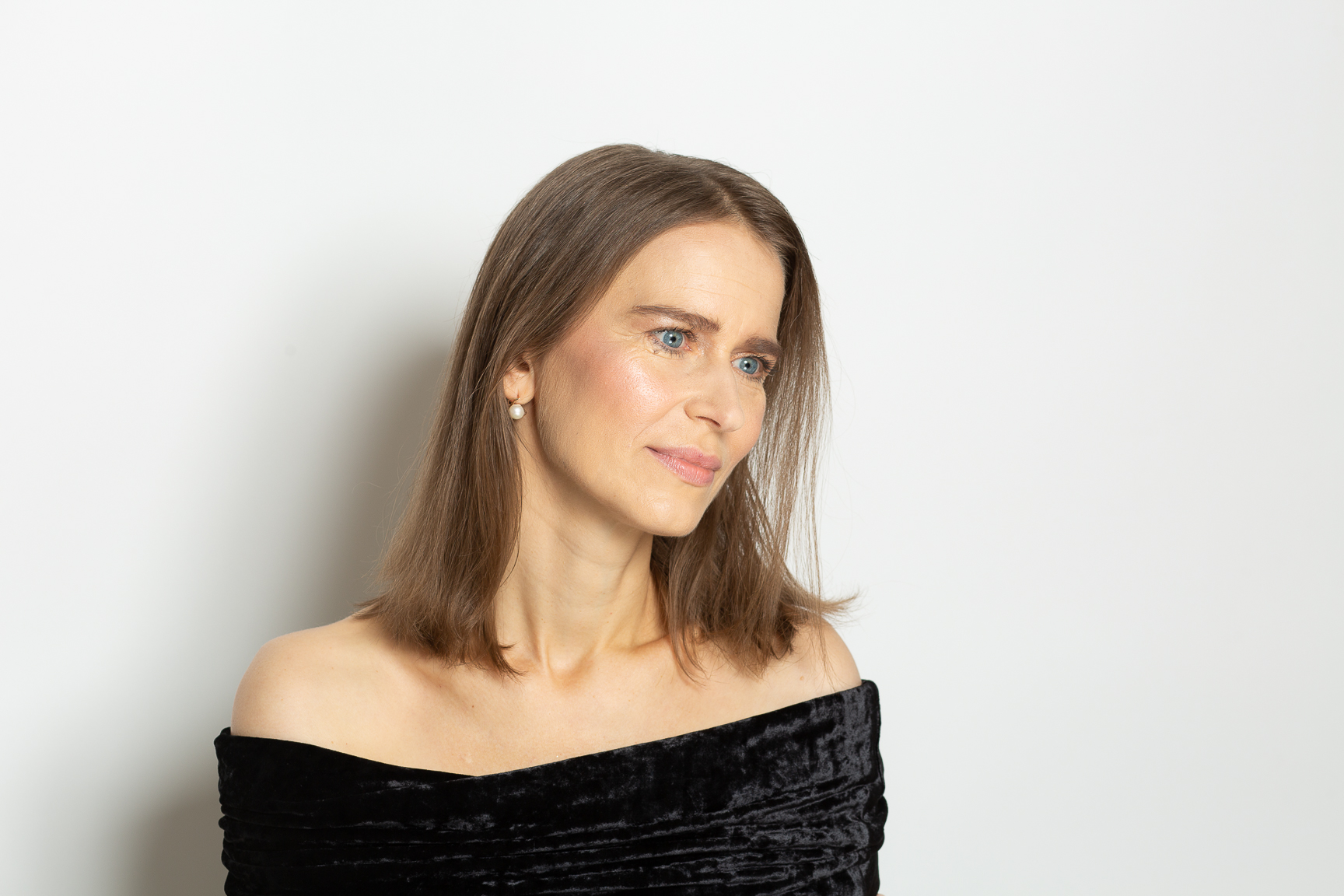About
Julian was born in London and from an early age showed that he was highly musical. He recalls how the music teacher at his school telephoned and wrote to his mother on several occasions advising her that her son had musical talent and should learn to play an instrument. Julian’s decision was to learn to play the piano but the school responded saying that the piano teacher had more pupils that she could cope with but the flute teacher had some spaces and there was a spare flute available at the school. The outcome was that Julian started learning the flute, showed natural flair for the instrument and before long was sent to the Royal Academy of Music to study with the late Gareth Morris. Later professors with whom Julian studied were also leading professional players and teachers of the instrument, including John Francis, Clare Southworth and Linda Howarth and whilst Julian went on to study at the Guildhall School of Music and Drama he did not study composition.
Originally self-taught in piano and then studying the piano as a second instrument, his skill as a pianist amazed those who came to teach him, not believing that he had been able to be self-taught to such a high level. The composer, Richard Drakeford, upon hearing Julian play, failed to believe that he had never studied the piano in the same way he had the flute. Playing a Schubert Impromptu at the Guildhall, the professors also did not believe that they were listening to someone who had but a few lessons.
Composition never happened for Julian until much later when one day he heard an inspirational and highly emotional interview on the radio concerning a lady who had been born deaf but at the age of forty had heard for the first time having had cochlear implants fitted. She was intrigued by what music was and a friend was putting a list together of music she suggested she listen to. Within a few minutes a musical theme came to Julian whereupon he went to the piano and over the next week or so developed it into a full composition which he recorded and sent to the lady concerned. Her reaction is something Julian will never forget and a few weeks later he was thrilled when the lady was interviewed on the BBC News and his composition, When Silence Ends was played. This was the beginning of Julian’s desire to compose and since he has produced a series of compositions for piano, some of which have then been arranged for orchestra. A number have been performed by the Bernardi Music Group before public audiences, the most recent being three works for piano and orchestra, Song for Shuna; Before, Now and Beyond and Shades Beyond which make up a suite called Suite Beyond. Julian is indebted to the violinist, Andrew Bernardi and the Bernardi Music Group for their support in performing and promoting Julian’s work.
Other compositions have included ‘The Heart Lives On’, composed in memory of a friend, ‘A Time Before’, for Julian’s late mother, ‘Waltz to the Stars’, written for Julian’s daughter, ‘Euan’s Feast’, composed to mark the Bar Mitzvah of a friend’s son, ‘Peace and Solace’ (for two cellos), composed as a gift to a friend who was unwell, and ‘Celebration’ to mark the birth of a baby girl. Julian’s composition for piano solo, ‘Parisian Joy’, later scored for full orchestra by the composer, Paul Lewis, won the UK dance entry for the International Composers Festival. Julian has recently seen published his piece for flute and piano, ‘A Mood of Change’ dedicated to the memory of the late flautist, William Bennett.
Not having studied composition in a formal sense, Julian has turned to the scores of great classical composers for learning and guidance, but he would like to think that a lack of formal training has led to greater spontaneity and tonal originality in his compositions than might otherwise have been the case. He also deeply values his working relationship with the composer and arranger, Michael Doherty from which Julian has learned a great deal concerning form and structure.
Melody lies at the very heart of the music Julian wishes to produce which is why he is greatly impressed by the wonderful, innovative work that Anna Heller is doing to promote new compositions for piano that fall within this category. Julian says he never imagined that someone of Anna’s musical stature would ever wish to perform one of his compositions so it is a real thrill for him that Anna is performing his piece, Shades Beyond.
Unlike the majority of Julian’s compositions which have been inspired by a person, family pet or a place, Shades Beyond is more abstract. Influenced Julian’s love of the works of classical composers such as Mozart and Chopin, the work is more concept-based. It reflects the composer’s thoughts about entering into unknown situations and gaining an initial impression, then to find that there are shades beyond what one experienced at first glance.
Julian is a Licentiate of both the Guildhall School of Music and Drama and Trinity College London. In 2021 he was awarded a Fellowship of The Royal Society of Arts for his compositions and charity work.

